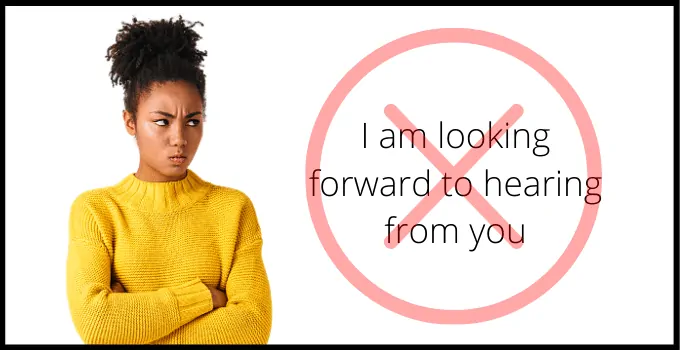Many people choose to use “I am looking forward to hearing from you” as a courteous salutation at the end of their professional and personal emails and mail correspondence.
Before choosing to sign off in this way, one must stop and consider if the phrase is appropriate to use or if there is a more creative way to express oneself.
Using the phrase “I am looking forward to hearing from you” indicates that you expect a response from the recipient, but can come off as generic or insistent depending on the recipient of your message. Luckily, there are several other ways to say “I am looking forward to hearing from you” that will help you end your correspondence more confidently than ever before.

“I Await Your Fast Response” / I Await Your Prompt Response
This phrase is utilized less often than “I am looking forward to you.”
While remaining formal, this phrase implies a sense of familiarity between the sender and the recipient.
If this sense of familiarity is not there, the recipient may or may not feel the sense of urgency caused by the phrase to be slightly rude.
This phrase implies that not only are you expecting a response from the recipient and are waiting for it but that you expect to receive it quickly.
Those using this phrase should gauge the context and determine if the situation truly calls for using such a phrase.
It is often too formal to be used with those you are close with while possibly being seen as pushy to those you are not close with.
Try to use this phrase with someone you have corresponded with before, although you do not necessarily have to be close with them. Having built up some rapport will help you with using this phrase.
Could be the right choice because…
- Indicates you wish to receive a response soon without being (too) rude about it.
Might be inappropriate because…
- May come off as pushy to those who are unfamiliar with your personality.
Example
“I Value Your Input”
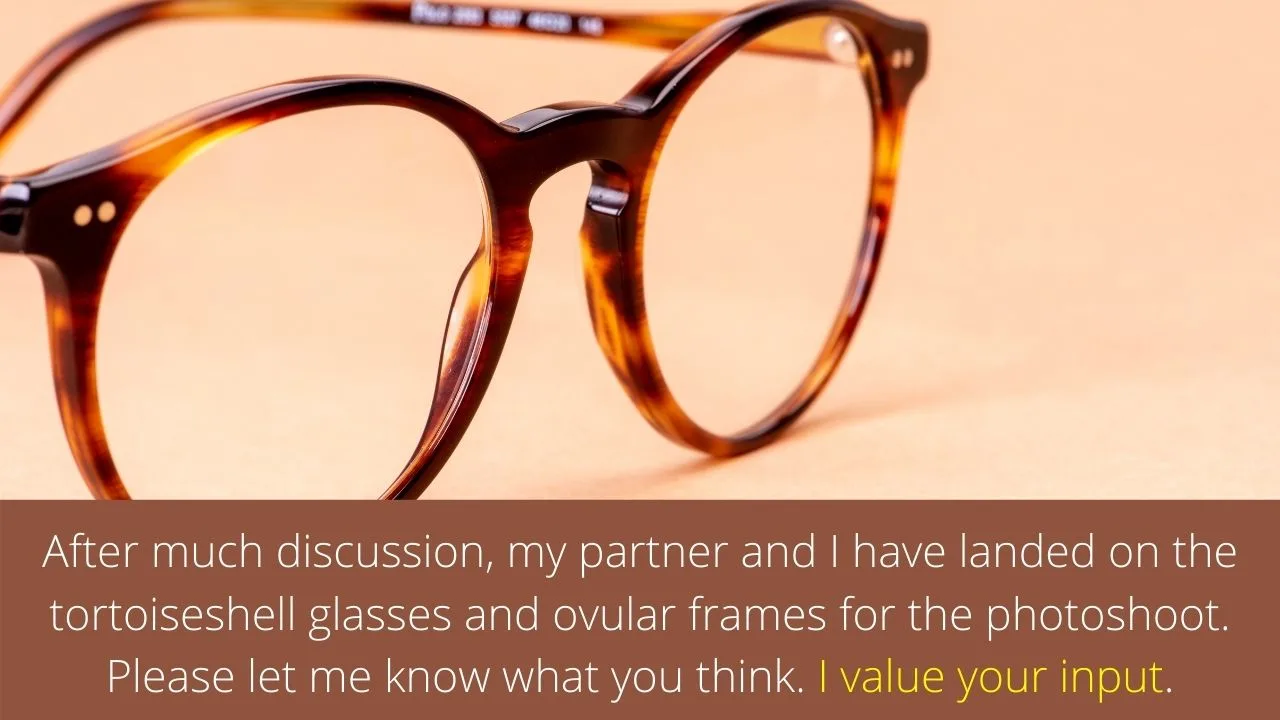
Signing off a message utilizing the phrase “I value your input” can signal that you wish for things to remain open-ended.
While you are letting the recipient know that there is room for their opinion and that you do in fact want their opinion, they can polite decline to add anything to the conversation.
This sign-off typically implies that you do in fact expect a response.
Most likely, you are requesting the recipient weigh in with a yes or no answer in response to a topic you have already proposed to them.
This takes some of the onus off of the recipient to provide in-depth feedback.
In fact, it helps to free them up to provide minimal feedback, including yes or no responses.
Could be the right choice because…
- Lets the recipient know that you do in fact care about what they have to say and wish for them to weigh in.
Might be inappropriate because…
- May be too open-ended and not firm enough to elicit a response from tough to pin down conversationalists.
Example
“Keep Me Updated”

What sets “keep me updated” apart from many sign-offs on this list is its informality.
You will likely not want to use this in an email to your boss or professional letter, unless you have become quite close, or to someone else in a position of authority.
Saying “keep me updated” should be reserved for situations in which you feel you have already established a rapport with the recipient. They will likely take your tone to be casual.
This is really a less formal version of “I await your fast response,” after all.
While still implying that you will be awaiting the recipient’s response, you’ve now added an air of casual back and forth to the conversation.
Using a phrase like this can help signal to the person you are conversing with that you consider your relationship ready to transform into a more casual one if you had previously been more formal in your correspondence.
This is a great phrase to test the waters in this way.
If the recipient responds with more informal language, you can take this as a sign that they have grown more comfortable with you.
If their language remains more formal, you may choose to dial your conversation back a bit.
Could be the right choice because…
- Short, sweet, and to the point. You’ll cut out the fluff and save everyone some time with this concise sign-off.
Might be inappropriate because…
- It can come across as too informal when used inappropriately.
Example
“Looking Forward to Your Email”
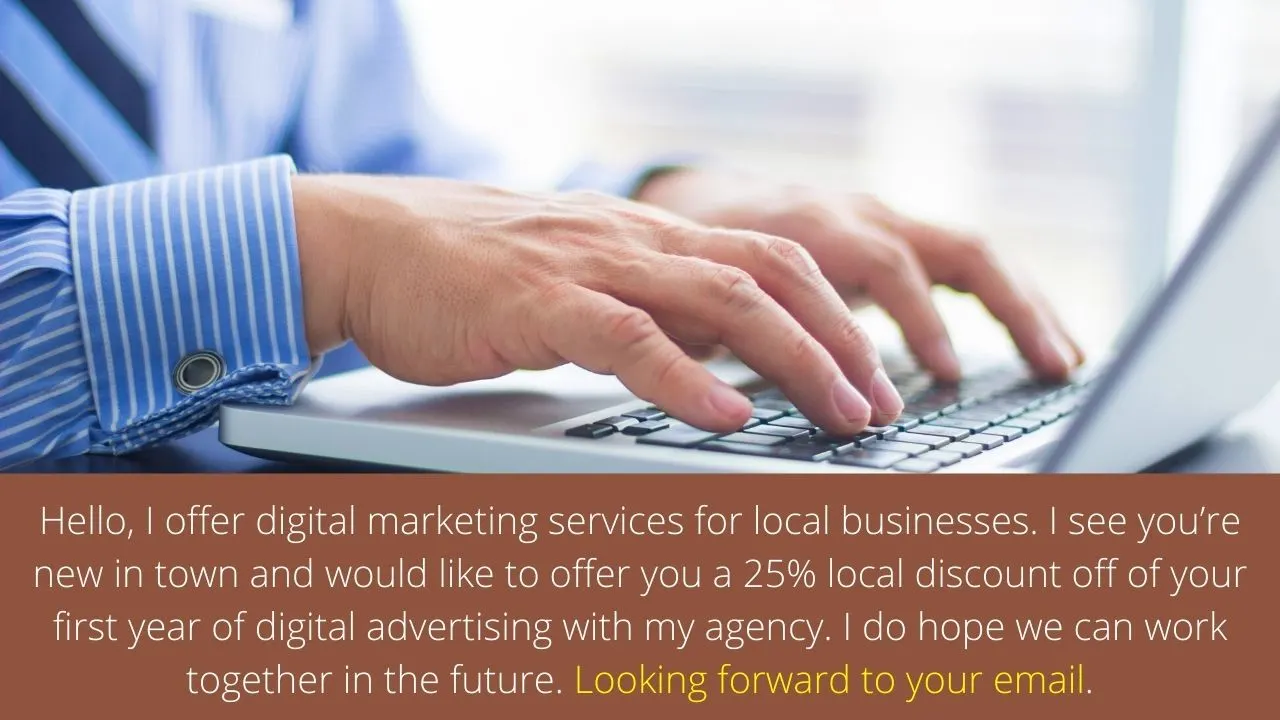
“Looking forward to your email” is another phrase that indicates you expect a response.
Oftentimes, this phrase is best used at the end of your initial correspondence.
If reaching out to someone for the first time, whether or not they expect you to, this is a great sign-off phrase.
Closing out your email with this phrase indicates you have likely posed a question or offered some invaluable information to the recipient of your email.
Rather than expect a significant answer or hefty input, you are simply informing the recipient that you expect some sort of reply from them.
This sign-off is hugely positive and can help you to make a good first impression on someone.
Show off your manners and let your recipient know that you actually value what they have to say to you by signing-off your email with this phrase.
Could be the right choice because…
- Highly polite and encouraging, this phrase lets the recipient know that you are interested in beginning a long correspondence with them.
Might be inappropriate because…
- May be seen as passive enough to not warrant a response.
Example
“A Fast Response is Appreciated”
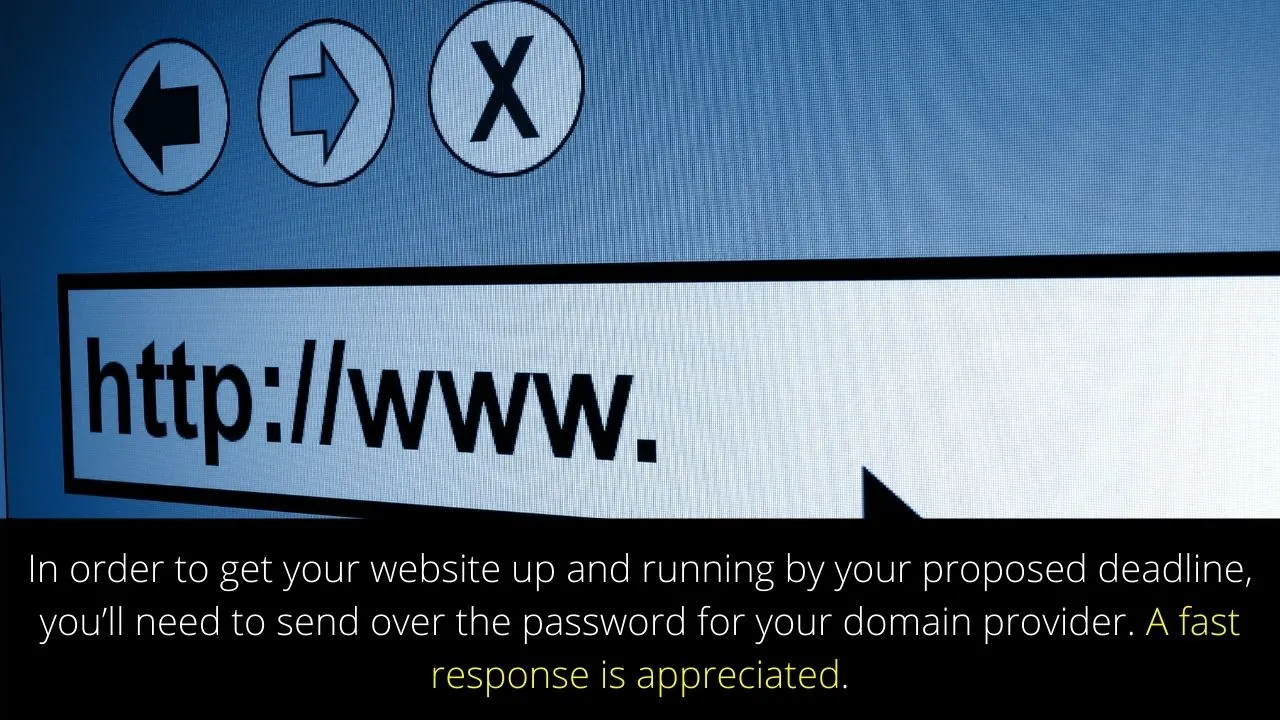
This is a tricky one, and anyone sending this phrase in a message should be warned.
This verges more toward the rude side than the polite one without being overtly rude.
In fact, in the business world, messages signed-off with a phrase like “a fast response is appreciated” are considered to be par for the course.
You will have to be sure your recipient is open to receiving such a message, however.
It is typically not advised to send an email like this to your boss or a letter to your first-time client unless it is absolutely necessary.
In cases where expediency is absolutely necessary, most parties will likely still expect a phone call rather than a curt email to a mailbox they may not check at all hours of the day.
At times, however, you’ll likely require information that is best communicated by mail and needs to be communicated quickly.
The recipient will likely take to it much better if the timely response benefits them in some way.
For example, if you have stumbled upon a great deal for a client but time is running out to snag it up, it is probably perfectly acceptable to sign off a message in this way.
Your client will likely appreciate the fact that you are trying to move quickly for them.
Could be the right choice because…
- Plainly expresses a sense of urgency regarding time-sensitive matters.
Might be inappropriate because…
- Can potentially come off as rude and impatient.
Example
“I Appreciate Any Info You May Have”
This phrase also does well to signal that more information is needed, but retains a sense of polite detachment between the sender and recipient.
You are not implying that the recipient has any vital information you need. Rather, you are letting them know that you appreciate the information they may have.
This sign-off is a great way to keep your recipient feeling as though their contributions are important without putting any pressure on them to contribute.
You are also acknowledging their sense of expertise in this way as well as acknowledging that you yourself do not have all the answers.
Use this sign-off to help create a sense of rapport between you and your recipient.
Could be the right choice because…
- It helps create a sense of equality between both the sender and the recipient.
Might be inappropriate because…
- If your recipient does not feel as though they have any information pertinent to you, they may not respond at all.
Example
“I Hope to Hear From You Soon”
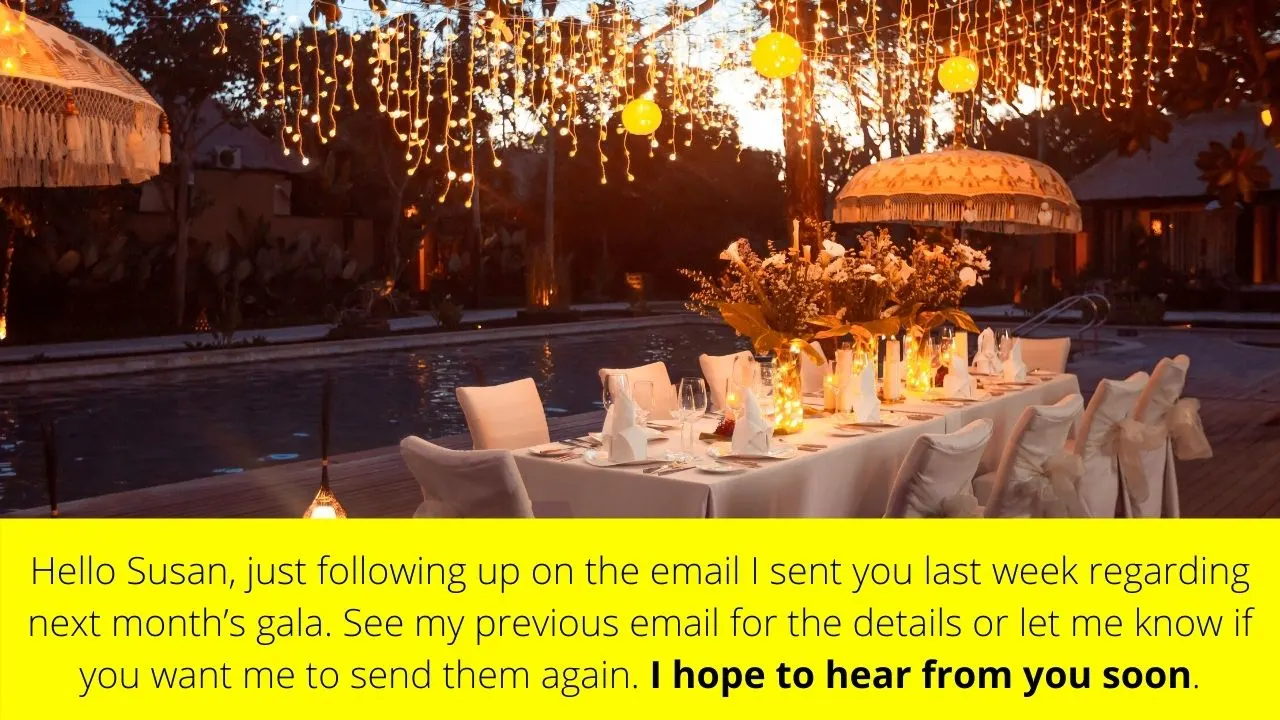
Saying “I hope to hear from you soon” sounds a little solicitous: because it is.
You’ll likely find yourself using this as a last-resort sign-off when you’re entirely convinced the recipient will likely not respond at all.
Because this phrase is so polite, using it almost implies that you are trying to guilt the other party into responding.
It is likely you have sent a few follow-up emails or letters, only to receive no response in return.
While it is not yet time to panic or call the recipient out on ignoring your messages, you can attempt to nudge them in the right direction by killing them with kindness.
Saying “I hope to hear from you soon” implies you’ll be disappointed if you do not, and that’s on the person who chose not to return your correspondence.
Could be the right choice because…
Polite and lets the recipient know that you do expect a response.
Might be inappropriate because…
May be too passive in the event someone has already habitually ignored your messages.
Example
“Talk to You Soon!”
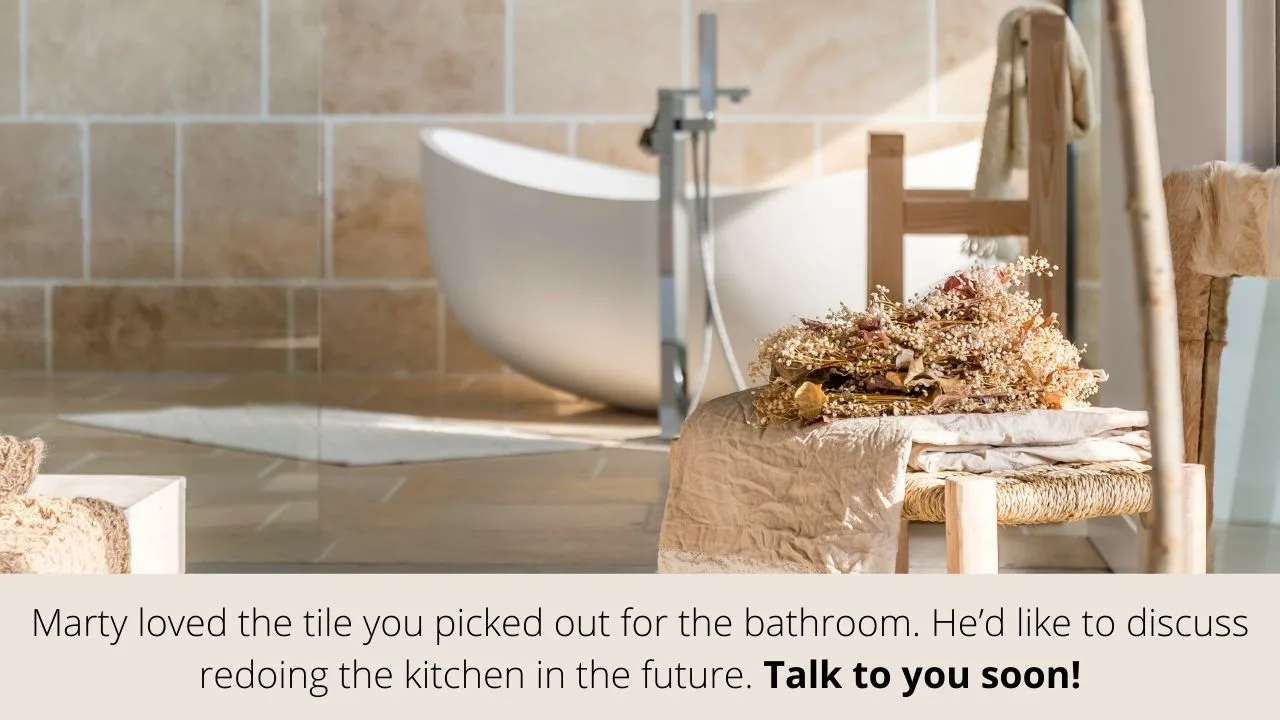
This is a more casual way of signing-off a message and should be used if you already have a rapport with the recipient.
You should also use this phrase only if you truly expect to speak with that person again soon or it may feel disingenuous.
For example, if you know you will see someone in person at an event in the near future, you can go ahead and let them know you’ll talk to them soon, regardless of whether or not they respond to your correspondence.
Frequent and long-term clients also fit in well under this category, as it is likely you will speak to them regardless.
Ideally, you do not want to use this phrase to sign-off message in which a reply is imperative.
This sign-off does not suggest that you actually need them to respond to this message in particular, but that you will likely speak to them soon regardless.
Could be the right choice because…
- Fun and final, this sign-off can help to signal the end of a conversation, although it may seem counter-intuitive.
Might be inappropriate because…
- May not get you a response if you need a timely reply to your message’s concerns.
Example
“Please Respond at Your Earliest Convenience”
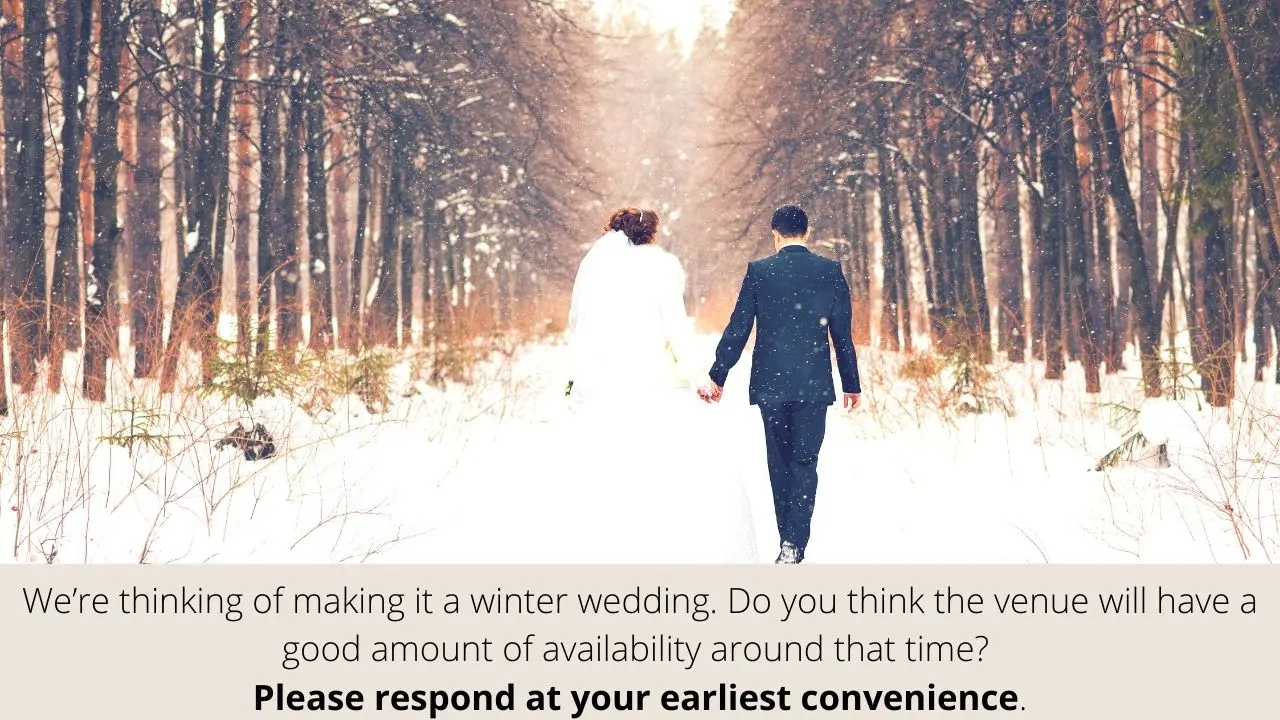
This is one of the single most polite ways to sign off a message that you need a response to.
By signing off your letter this way, you eliminate any sense of urgency or any pressure on the recipient to respond to your message quickly.
In fact, you are letting them know that you will allow the conversation to continue at their own pace while not denying that you do look forward to their response.
This is best used if you truly are not waiting on any time-sensitive materials but instead want to leave the rest of the conversation up to your correspondent to reply on their own terms, in their own time.
Could be the right choice because…
Polite and agreeable you eliminate any pressure on the recipient.
Might be inappropriate because…
The time between replies will likely be more substantial, as you have allowed the recipient to respond when it is most convenient for them.
Example
If All Else Fails, Try Being More Direct
Rather than relying on a stock phrase, it is perfectly acceptable to sign-off your correspondence with more direct phrasing.
Instead of letting the recipient know that you look forward to their reply, tell them you cannot wait to hear what color red they think would be best for the tablecloths or what theme they decided to go with for their website.
Asking for specifics can help speed conversations along and point them in the right direction without being rude. The conversation will be to the point, but most correspondents will appreciate that.
Sometimes, there is no need to add a platitude to the end of your letter.
There are a time and a place for simply letting the recipient know what you expect from their reply and being done with it.
Good because…
- Saves both you and the recipient time. You don’t have to write the platitude and the recipient does not have to read it.
Might be inappropriate because…
- Some correspondents might expect a more traditional sign-off and feel the direct ending to be slightly cold.
Example
Frequently asked questions
Is it correct to say I am looking forward to seeing you?
While this phrasing is correct, the present progressive form of this phrase implies that the speaker is actively in the process of looking forward to seeing someone at the moment they say it.
For this reason, you may choose to say, “I look forward to seeing you” instead.
Is it ok to use “I am looking forward to hearing from you” in Emails?
Again, consider using, “I look forward to hearing from you” in your emails instead.
It’s perfectly okay to use this phrase in emails as long as you are gauging the context within which you are saying it. As mentioned above, there are several factors to consider when signing-off your email.
Be sure this phrase is appropriate when deciding to use it. It is slightly familiar and implies a sense of closeness between the sender and recipient. If you find yourself worried it may be misinterpreted, try using a more appropriate option from above instead.
Is it possible to say I am looking forward to your feedback?
Again, this is present progressive. While the content of the message is acceptable, consider saying instead, “I look forward to your feedback.”

Hey fellow Linguaholics! It’s me, Marcel. I am the proud owner of linguaholic.com. Languages have always been my passion and I have studied Linguistics, Computational Linguistics and Sinology at the University of Zurich. It is my utmost pleasure to share with all of you guys what I know about languages and linguistics in general.

